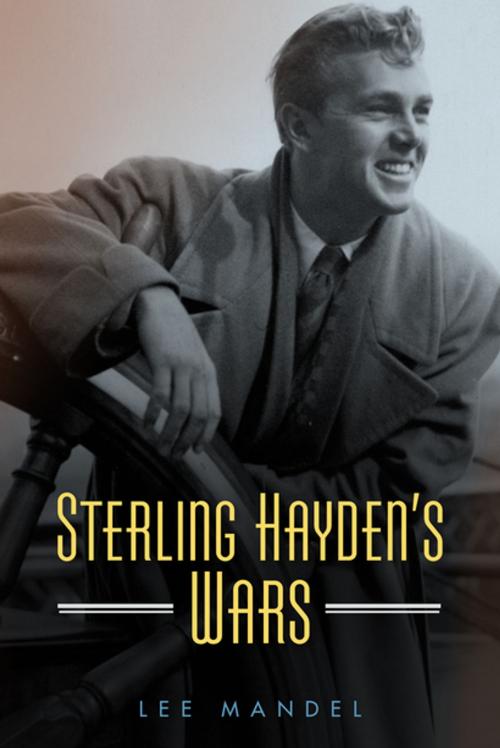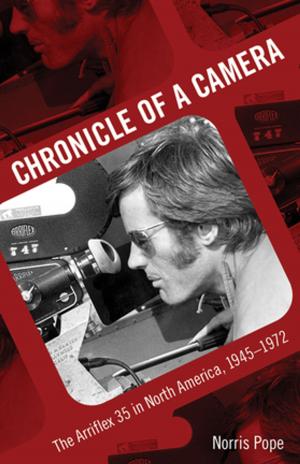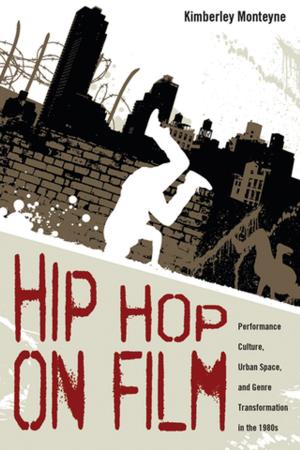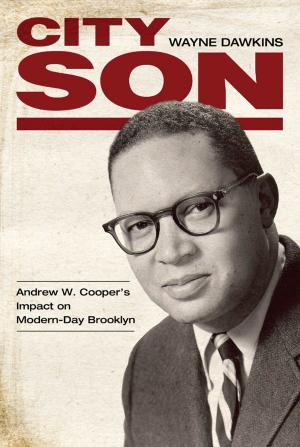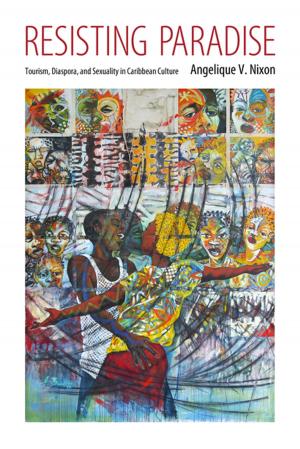Sterling Hayden's Wars
Nonfiction, Entertainment, Film, History & Criticism, Biography & Memoir, Entertainment & Performing Arts, Historical| Author: | Lee Mandel | ISBN: | 9781496816986 |
| Publisher: | University Press of Mississippi | Publication: | May 3, 2018 |
| Imprint: | University Press of Mississippi | Language: | English |
| Author: | Lee Mandel |
| ISBN: | 9781496816986 |
| Publisher: | University Press of Mississippi |
| Publication: | May 3, 2018 |
| Imprint: | University Press of Mississippi |
| Language: | English |
A master sailor when he was barely in his twenties, Sterling Hayden (1916-1986) became an overnight film star despite having no training in acting. After starring in two major films, he quit Hollywood and trained as a commando in Europe. Hayden joined the OSS and fought in the Balkans and Mediterranean, earning a Silver Star for his distinguished service. Hayden's wartime admiration for the Yugoslavian Partisans led to a brief membership in the Communist Party after the war, and this would come back to haunt him when he was called to testify in front of the House Un-American Activities Committee where he became the first star to name names.
After returning to Hollywood, Hayden's film career flourished as he starred in several films including The Asphalt Jungle, Denver and Rio Grande, and The Killing. His personal life, however, descended into chaos. His bitter custody battle with his second wife led to his well-publicized and controversial kidnapping of their four children for a voyage to Tahiti. Increasing alcohol and substance abuse would take its toll, but Hayden's career would be revived as a character actor in such classics as Dr. Strangelove and The Godfather. In addition, he proved to be an excellent author, penning two international bestsellers.
Despite these achievements, his later years were characterized by depression, self-doubt, alcoholism, and substance abuse. His life was metaphorically a series of wars, including the most difficult of them all--the war that Sterling Hayden fought with himself.
A master sailor when he was barely in his twenties, Sterling Hayden (1916-1986) became an overnight film star despite having no training in acting. After starring in two major films, he quit Hollywood and trained as a commando in Europe. Hayden joined the OSS and fought in the Balkans and Mediterranean, earning a Silver Star for his distinguished service. Hayden's wartime admiration for the Yugoslavian Partisans led to a brief membership in the Communist Party after the war, and this would come back to haunt him when he was called to testify in front of the House Un-American Activities Committee where he became the first star to name names.
After returning to Hollywood, Hayden's film career flourished as he starred in several films including The Asphalt Jungle, Denver and Rio Grande, and The Killing. His personal life, however, descended into chaos. His bitter custody battle with his second wife led to his well-publicized and controversial kidnapping of their four children for a voyage to Tahiti. Increasing alcohol and substance abuse would take its toll, but Hayden's career would be revived as a character actor in such classics as Dr. Strangelove and The Godfather. In addition, he proved to be an excellent author, penning two international bestsellers.
Despite these achievements, his later years were characterized by depression, self-doubt, alcoholism, and substance abuse. His life was metaphorically a series of wars, including the most difficult of them all--the war that Sterling Hayden fought with himself.
